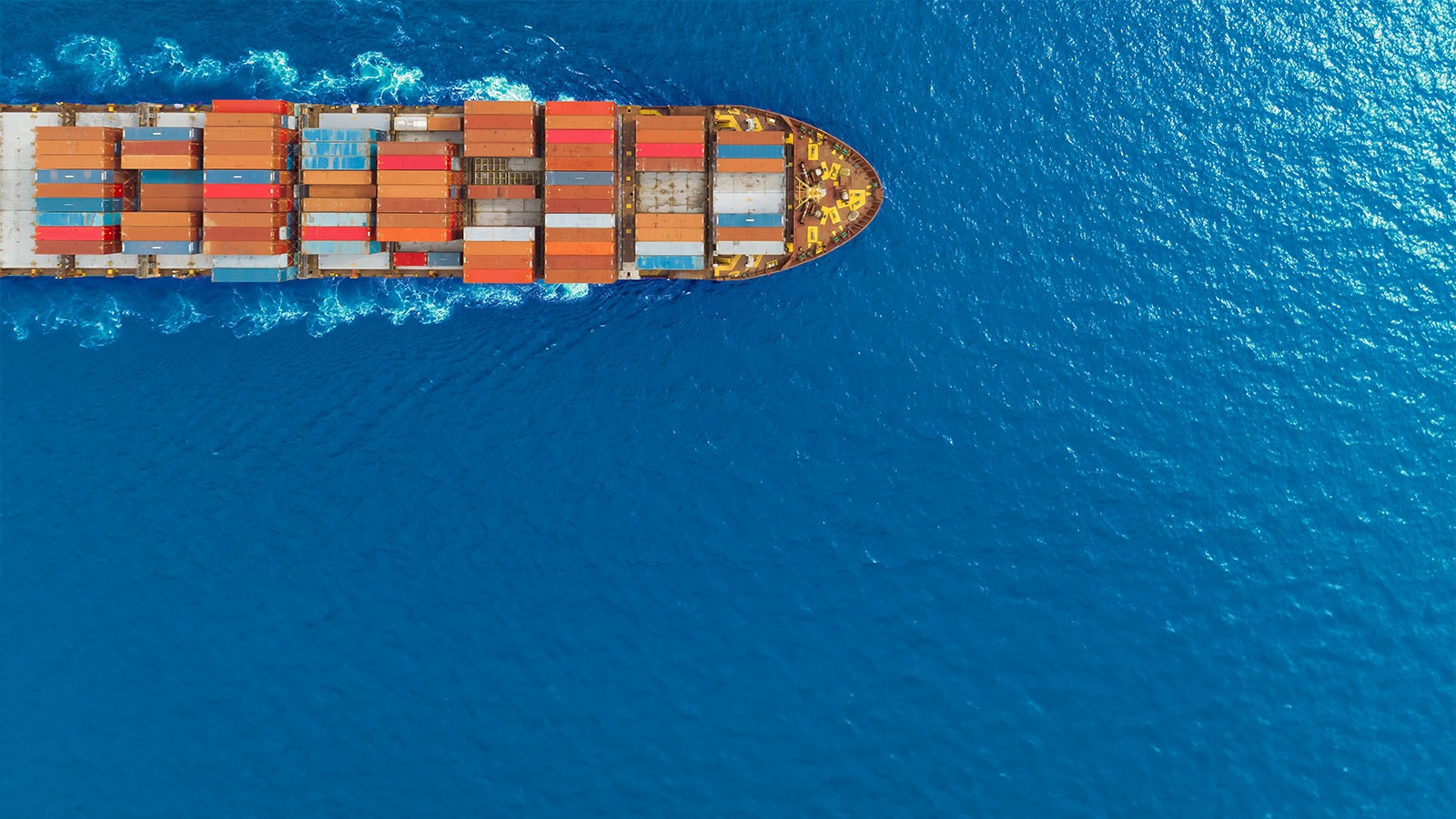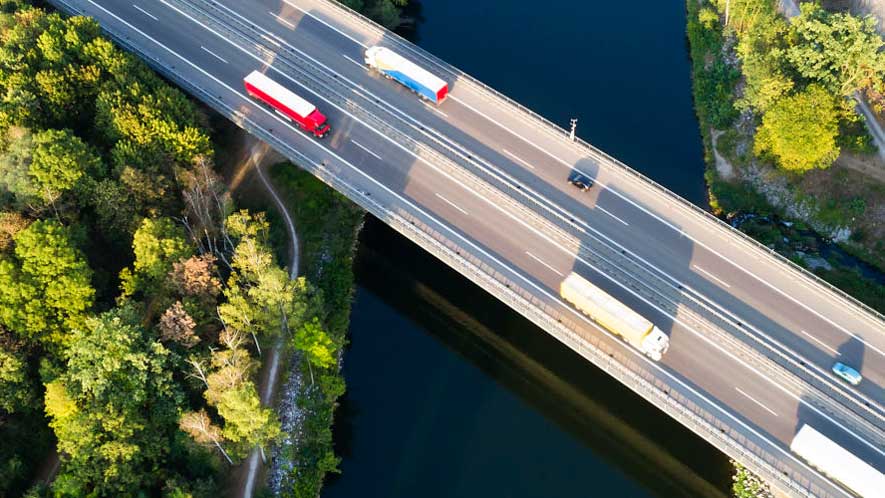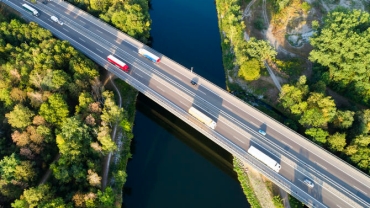
Supply Chain Due Diligence Law

How to manage human and environmental risks in your supply chain
How well does your global supply chain comply with human rights and environmental rights? Could your direct or indirect business partners be involved in child labour or forced labour in another country? Have you put appropriate occupational health and safety measures in place? How proactively does your company deal with recycling and waste in the production process?
In the future, companies from all sectors and throughout the supply chain will have to deal with these issues in detail and with others related to respect for human rights and environmental rights in order to meet their due diligence obligations in global value chains. At the beginning of March, the German Government passed a draft law on corporate due diligence to avoid human rights violations in supply chains. On 11 June, the new law – known as the Supply Chain Due Diligence Act (Lieferkettensorgfaltspflichtengesetz, or LkSG) – was passed in the Bundestag.
So it’s high time for companies to take a proactive approach to this issue, to put their global value chains to the test and to increase transparency. Intelligent tool-based solutions in an integrated sustainability ecosystem will help with implementation, sustainably and effectively reducing risks to people and the environment.
Transparency regarding these risks will also enable a broader perspective on issues such as security of supply, innovation, cost effectiveness and economic risks. With an expanded view of these requirements, the implementation of the new law will drive optimisation across the entire supplier network.
“Closely focusing on supply chains and the activities of business partners and contractual partners – and providing transparent information about these issues – not only enables companies to score points with customers and partners, but also gain a competitive advantage.”
The legal requirements are growing – and so are the risks
The new law contains extensive due diligence obligations with regard to risk analyses, preventative and remedial measures, complaint procedures before German courts, and reporting. Section 2 clarifies the human rights to which the due diligence obligations relate: these include the integrity of life and health, the protection of children, freedom from child labour, and freedom from slavery and forced labour.
Planned new legislation – which is also being discussed at EU level – will significantly increase compliance and risk management requirements for the German economy, as well as in other European countries. German companies and subsidiaries of foreign companies in Germany that fail to adapt their processes and procedures to the upcoming legal changes will be running a serious financial and reputational risk.
In particular, this risk will arise from:
- financial outlay due to special investigations by the authorities,
- implementing official orders,
- the threat of exclusion from public procurement,
- high penalties and fines, and
- huge media interest and increased customer attention.

Your concern
You will need to answer the following questions
When preparing for the implementation of the Due Diligence Act and upcoming EU legislation, companies affected will primarily be asking themselves the following questions:
- Which human and environmental rights risks exist in our global value chains?
- How can we meet the requirements of the new legislation as economically and effectively as possible while creating additional value for the company?
- How can we ensure that our business partners also implement these requirements? How can we ensure they have been implemented in transactions?
- How can we provide support with implementing general due diligence – both to our suppliers (at home and abroad) and to companies with which we have business relations?
- What do we have to do if infringements come to light in our supply chain?
- In terms of governance, how should our management systems be equipped in order to provide a good framework for worldwide compliance with the new legal requirements?
- Which of our existing processes and measures in governance, risk, supply chain management, purchasing and compliance are already helping us to meet the requirements of future legislation? Where do we still need to make improvements?
- Which tools support our company in identifying human and environmental rights risks in our international value chain?
Our services
Clarity quickly – with our quick compliance check
How can you reduce the environmental and human rights risks for society, the environment and your own company?
In our experience, it depends on three factors:
- Ensuring increased transparency regarding ecological and human rights due diligence in your global value chains
- Engaging in good communication with all stakeholders
- Implementing consistent compliance and risk management
We have developed a quick compliance check to give you a rapid overview of where you stand on due diligence. You can use it to assess the current maturity of your compliance with human rights due diligence and identify your most important areas of action quickly and easily.
Tools help with implementation
Our experts can actively support you in structuring these areas of action in your own field of business and global supply chain. With our specially developed “Know Your Business Partner” and “Sustainability Tracker” tools, we can help you find the relevant risks throughout your supply chain in a structured and efficient manner. We also provide you the option of continuous monitoring.
“The emerging complexity of the task can be overcome by efficiently integrating existing tools and specific system add-ons to meet requirements.”
What happens if a supplier abroad becomes exposed to significant risks, or human and environmental rights violations come to light – for example, through a whistle-blower system, civil society organisations or the media? In such cases, we can support you with our services at any time – both in dealing with the crisis and in planning remedial measures required by law.
Our promise
Pragmatic and reliable – from planning to a crisis
With our pragmatic approach, we can support you in developing and structuring your human rights due diligence. Whether you need support with designing management systems, issuing a statement of intent, or implementing remedial measures in the event of a crisis – our experts are at your side with reliable advice and information.

Supply Chain Software “Check Your Value Chain”
With our supply chain software “Check Your Value Chain” you can implement various regulatory requirements securely and efficiently while maintaining full risk transparency. Our software-as-a-service solution provides a structured approach to identifying, assessing, and mitigating risks across your entire value and supply chains.
“Companies starting to deal with the new requirements now will reduce their risk of breaching the Due Diligence Act and can use the opportunity to set up their supply chain in a responsible and future-proof way.”
Daniela Hanauer, Partner for Risk Consulting at PwC GermanyContact us



Dr. Matthias Schwenke
Partner, Head of Legal Business Solutions, Head of EMEA Legal Technology and Alliances, PwC Legal
Tel: +49 151 6134 2515









